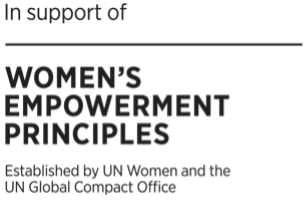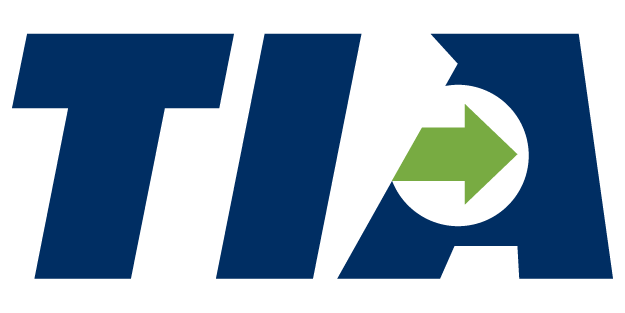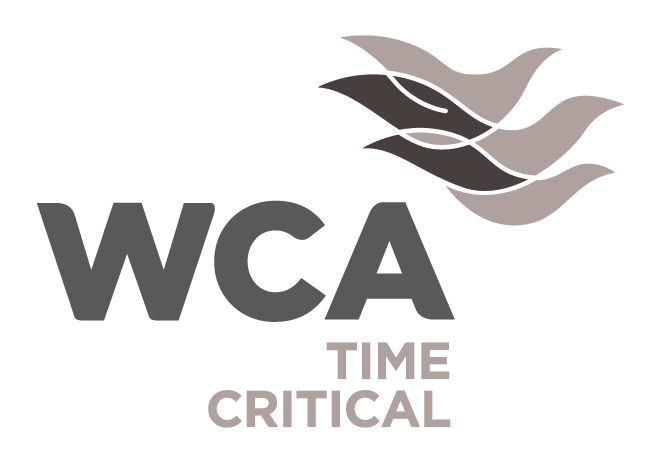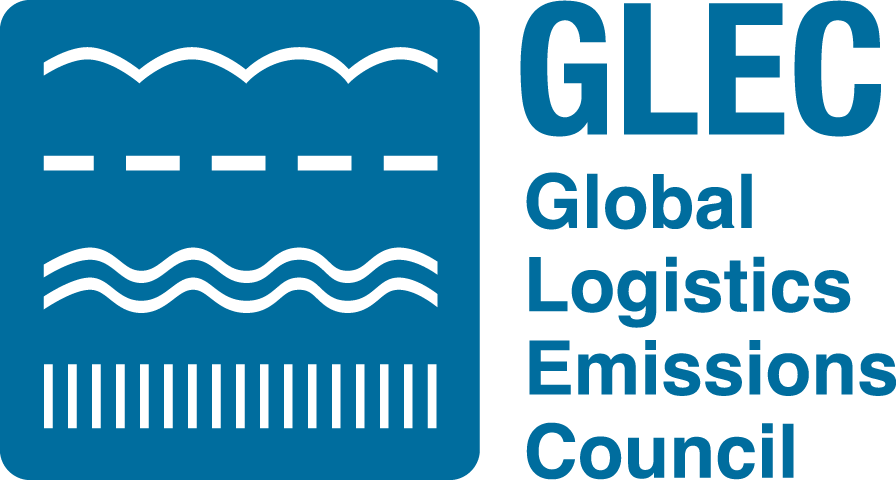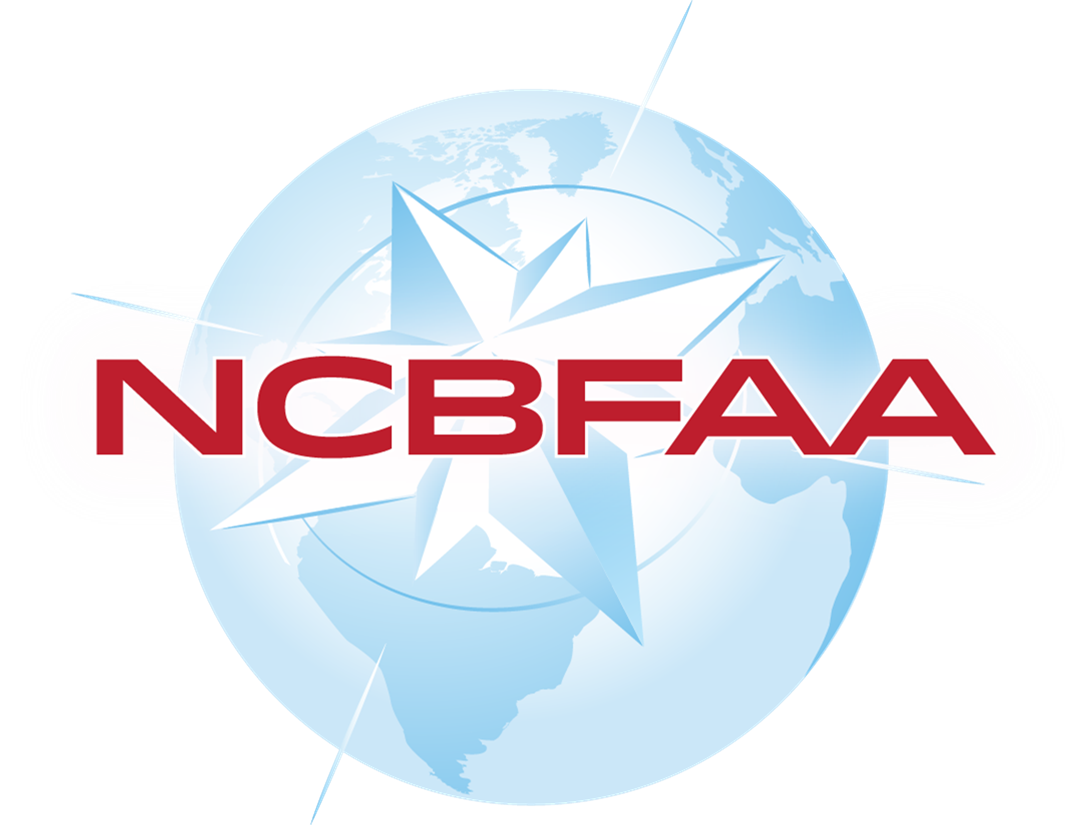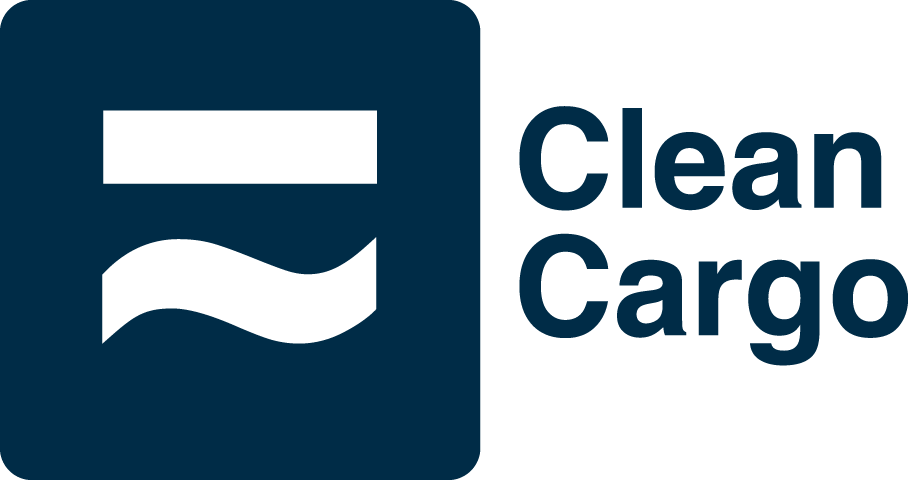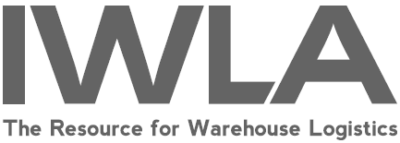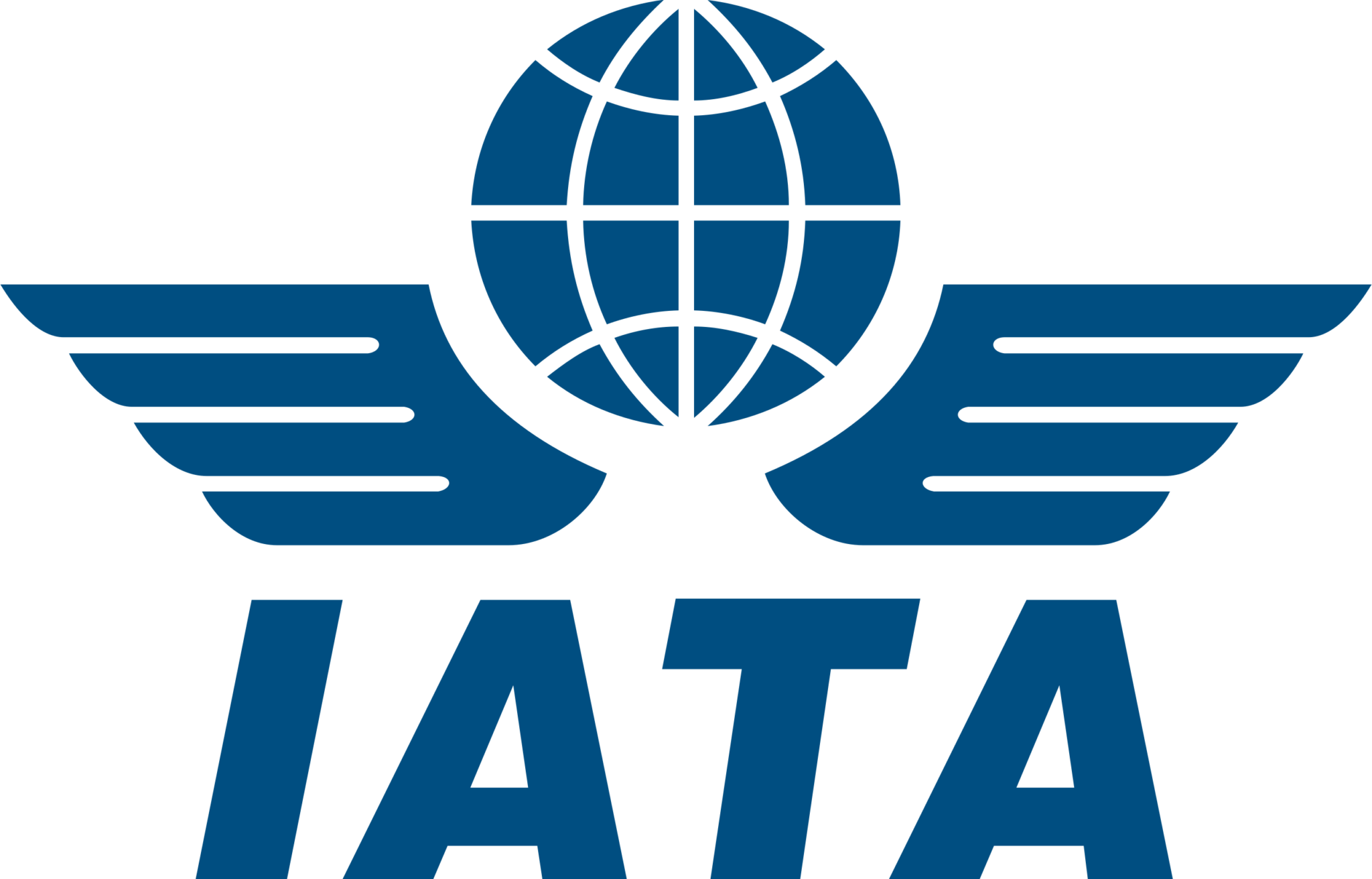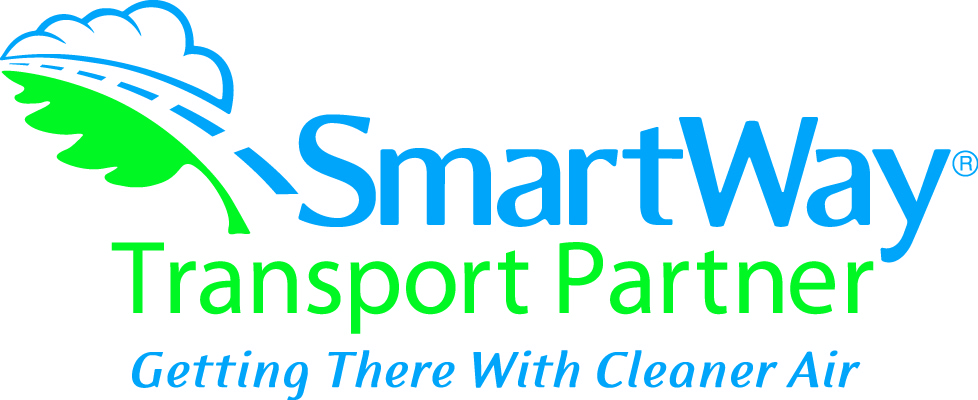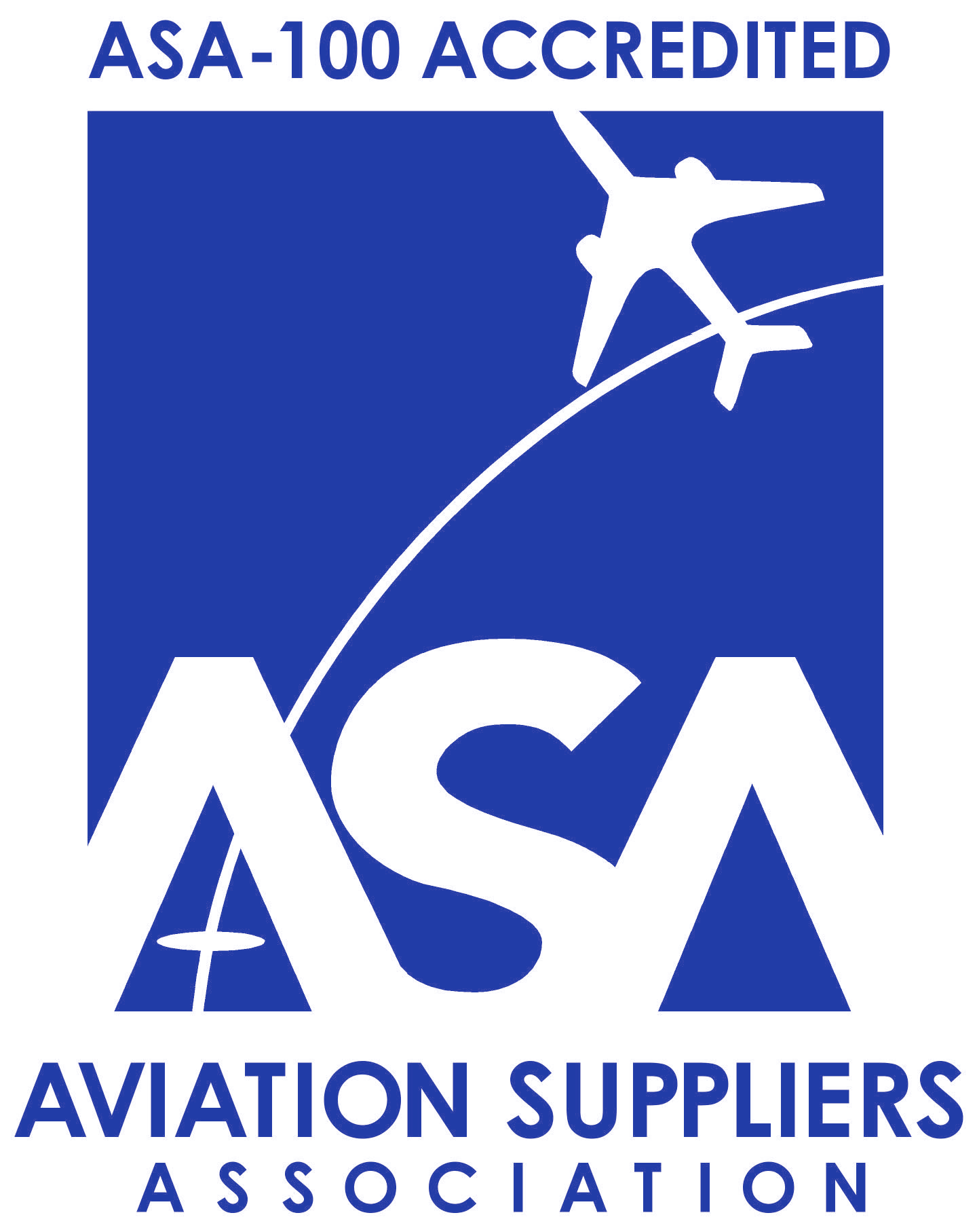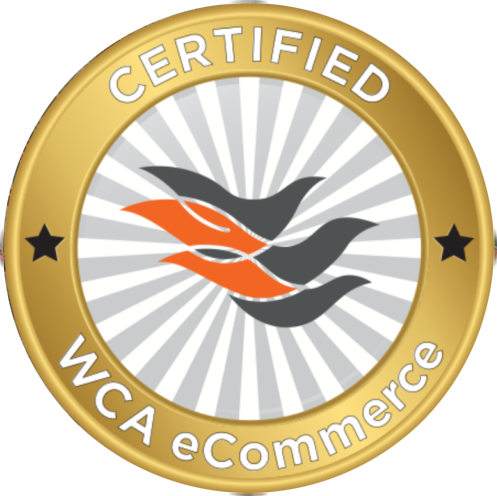SEARCH BY KEYWORD
WHAT IS THE DIFFERENCE BETWEEN FOREIGN TRADE ZONES AND BONDED WAREHOUSES FOR TARIFF MITIGATION?
YOU ASK, GREEN ANSWERS WHAT IS THE DIFFERENCE BETWEEN FOREIGN TRADE ZONES AND BONDED WAREHOUSING AS TARIFF MITIGATION STRATEGIES? Foreign Trade Zones (FTZs) and Bonded Warehouses are potentially beneficial tariff mitigation strategies available to U.S. importers. Both options offer deferred duty payment and strategic advantages under an evolving trade polity. However, they differ significantly in regulatory oversight, structure, operational flexibility, and long-term benefit. FOREIGN TRADE ZONES FTZs are designated sites considered outside U.S. Customs territory for duty purposes, allowing [...]
WEBINAR: NAVIGATING THE NEW U.S. RECIPROCAL TARIFF POLICY
NOW AVAILABLE WEBINAR RECORDING:https://youtu.be/iXroR0aqv_4 PRESENTATION SLIDES:https://www.greenworldwide.com/wp-content/uploads/2025/04/Reciprocal-Tariff-Webinar-April-10-powered-by-Green-Worldwide-Shipping.pdf RECIPROCAL TARIFF POLICY REFERENCE GUIDE: https://www.greenworldwide.com/wp-content/uploads/2025/04/Reciprocal-Tariff-Policy-Reference-Guide-Update-April-15.pdf ABOUT THIS WEBINAR The U.S. has recently implemented a new reciprocal tariff policy, introducing a baseline 10% tariff on all imported goods, with higher rates for specific countries based on trade imbalances and perceived trade barriers. Notably, China faces a 34% tariff, the European Union 20%, and Japan 24%. This significant shift in trade policy has far-reaching implications for importers and businesses engaged in international trade. Understanding the [...]
WEBINAR U.S. TARIFF AND TRADE UPDATE FOR MEXICO, CANADA, CHINA, HONG KONG, SECTION 232 & MORE…
NOW AVAILABLE: WEBINAR RECORDING: Click to View https://www.youtube.com/watch?v=epLM7L3-ru8 WEBINAR PRESENTATION: Click to Download WEBINAR Q&A : Click to Download Tariff & Trade Policy Update Q&A New U.S. tariff increases went into effect on March 4, 2025, and trade partners China, Hong Kong, Canada, and Mexico are responding with countermeasures. These tariffs and countermeasures will have a significant impact on U.S. importers and the global supply chain. This live webinar delivers the latest intelligence on U.S. tariff policies, compliance, and [...]
WEBINAR: CANADA, MEXICO, CHINA TARIFF IMPACT FOR U.S. SHIPPERS & SUPPLY CHAINS
WATCH THE WEBINAR RECORDING: https://youtu.be/Z9u56roARFg?si=QWhis-uyMTVVz-Fp DOWNLOAD THE PRESENTATION SLIDES: https://www.greenworldwide.com/wp-content/uploads/2025/02/China-Canada-Mexico-New-U.S.-Tariffs-powered-by-Green-Worldwide-Shipping.pdf New U.S. tariffs on China took effect on February 4, 2025, with tariffs on Canadaand Mexico scheduled for March 5, 2025, under multiple legislative and executive authorities, including the International Emergency Economic Powers Act (IEEPA) and Section 301. These sweeping changes are reshaping global trade dynamics. This session will break down the new tariff measures, their operational and financial implications, and the compliance challenges businesses must navigate. UNDERSTANDING THE [...]
WHAT SHIPPERS NEED TO KNOW ABOUT THE INTERNATIONAL STANDARD FOR PHYTOSANITARY MEASURES (ISPM 15)
YOU ASK, GREEN ANSWERS What Shippers Need to Know About the International Standard for Phytosanitary Measures (ISPM 15) ISPM 15 BACKGROUND When shipping internationally, wood packaging materials like pallets, crates, and dunnage made from raw wood can carry harmful pests and diseases across borders. To mitigate these risks and protect global agriculture, the International Standard for Phytosanitary Measures (ISPM 15) was introduced in March 2002 under the International Plant Protection Convention, which is overseen by the United Nations Food [...]
WHAT ARE THE ADVANTAGES OF STRAIGHT, SWITCH, AND TO ORDER BILLS OF LADING?
YOU ASK, GREEN ANSWERS What are the advantages of Straight, Switch, and To Order Bills of Lading? STRAIGHT BILL OF LADING A type of non-negotiable bill that specifies the ownership of the freight and requires the goods to be delivered only to the named consignee. The straight bill can sometimes reduce transit times and avoid demurrage and detention fees. SWITCH BILL OF LADING Switch Bills of Lading can be used to hide the original source of goods. This is [...]
You Ask,
Green Answers

Don’t see the answer you’re looking for? Send it over to Green’s supply chain experts and we’ll answer your
question directly!
LATEST ARTICLES
Subscribe to the
Freight Market Update





